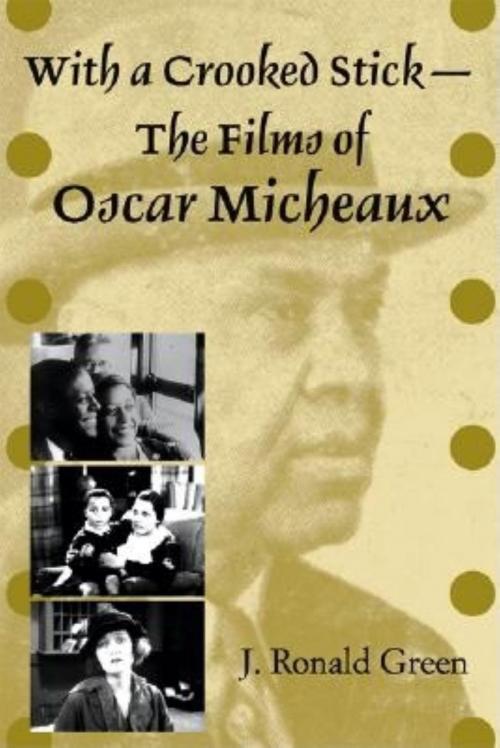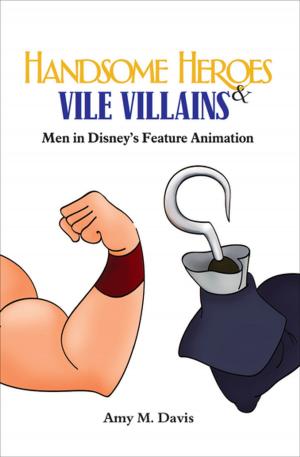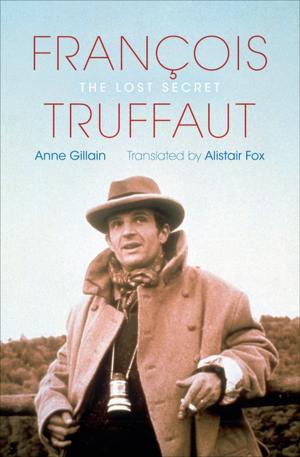With a Crooked Stick--The Films of Oscar Micheaux
Nonfiction, Entertainment, Film, History & Criticism, Performing Arts| Author: | J. Ronald Green | ISBN: | 9780253027702 |
| Publisher: | Indiana University Press | Publication: | March 18, 2004 |
| Imprint: | Indiana University Press | Language: | English |
| Author: | J. Ronald Green |
| ISBN: | 9780253027702 |
| Publisher: | Indiana University Press |
| Publication: | March 18, 2004 |
| Imprint: | Indiana University Press |
| Language: | English |
With a "crooked stick," filmmaker Oscar Micheaux (1884–1951) sought to hit a "straight lick" by stressing the strategic importance of class mobility, or "uplift," for African Americans. A theme in all of his more than 40 feature-length, black-produced, black-directed, black-cast, and black-audience films, uplift would allow for the better things in life: fast cars and fancy clothes, freedom of belief, financial security, and an unencumbered intellectual life. Although racism was an impediment to uplift for Micheaux and other African Americans, race as a category was of a secondary order for him in the larger game of class. In With a Crooked Stick, J. Ronald Green pursues this seeming contradiction in a detailed analysis of each of Micheaux’s 15 surviving films. He presents critical commentary on each film’s plot and action and its contribution to the overall theme of uplift. Readers will also find this an invaluable guide to the preoccupations and features of Micheaux’s remarkable career and the insight it provides into the African American experience of the 1920s and 30s.
With a "crooked stick," filmmaker Oscar Micheaux (1884–1951) sought to hit a "straight lick" by stressing the strategic importance of class mobility, or "uplift," for African Americans. A theme in all of his more than 40 feature-length, black-produced, black-directed, black-cast, and black-audience films, uplift would allow for the better things in life: fast cars and fancy clothes, freedom of belief, financial security, and an unencumbered intellectual life. Although racism was an impediment to uplift for Micheaux and other African Americans, race as a category was of a secondary order for him in the larger game of class. In With a Crooked Stick, J. Ronald Green pursues this seeming contradiction in a detailed analysis of each of Micheaux’s 15 surviving films. He presents critical commentary on each film’s plot and action and its contribution to the overall theme of uplift. Readers will also find this an invaluable guide to the preoccupations and features of Micheaux’s remarkable career and the insight it provides into the African American experience of the 1920s and 30s.















